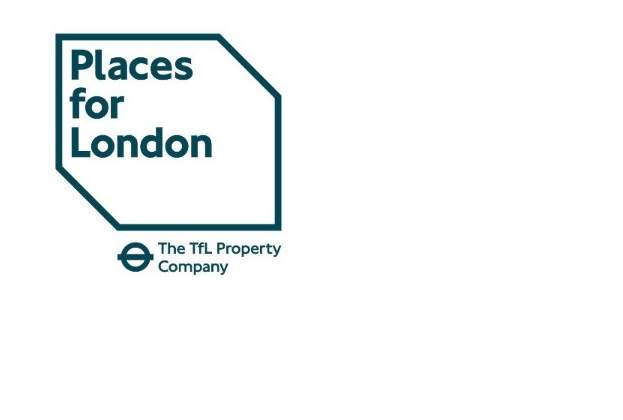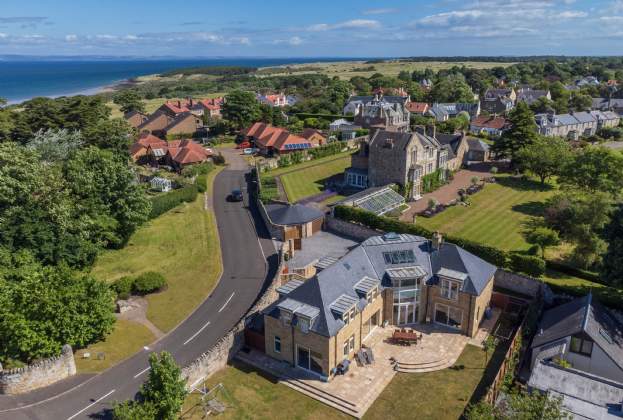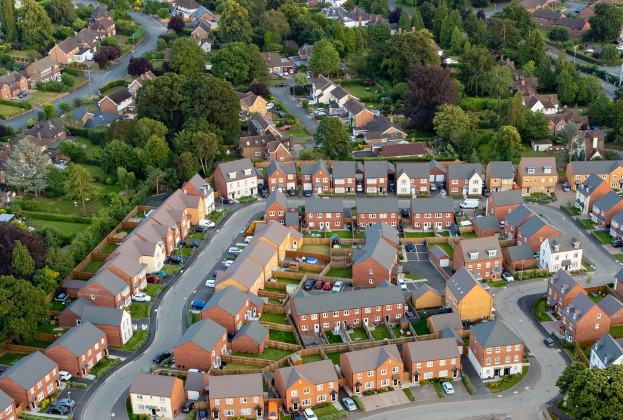Getting ready to buy your new home might be exciting and nerve wracking in equal measure. But being prepared for everything the process throws at you can be really helpful. A key consideration is cost, and there are certain costs involved when buying a house, on top of the asking price, to keep in mind.
To help you have more of an idea of what to expect, we have compiled a list of fees associated with buying a property, so there’s no sudden surprises on the journey to moving into your new home.
Our detailed guide will help you gain a better understanding of each stage involved in the home-buying process. Then, have a look at our property page to see all our properties for sale in the UK.
1. Stamp duty costs
Stamp duty is government tax that’s applied to a property when you buy it. It is paid through your solicitor and stamp duty costs alter depending on the value of your home.
Stamp duty fees for buying a house are named differently across the UK. In Scotland, they are known as Land and Building Transaction Tax. In Wales, stamp duty fees are known as Wales Land Transaction Tax.
First-time buyers don’t need to pay stamp duty if the home is below £425,000. If the home you’re buying is between £425,000 and £625,000, you need to pay 5% in stamp duty costs. Anything above £625,000 and you’ll need to pay stamp duty at the standard rates. You can work out the standard rates by referring to our Stamp Duty Calculator.
It’s important to note that stamp duty is applied to freehold and leasehold homes, regardless of whether you’re buying with a mortgage or outright.
2. Conveyancing fees
Conveyancing costs are legal fees when buying a house. They vary depending on the individual solicitor’s fees, as well as the location of the home you’re looking to buy and the overall complexity of the transaction.
Your solicitor may need to register the change of ownership with the land registry, depending on the location of your new home. Conveyancing can also cover drawing up the new home contracts between the seller and yourself, along with taking responsibility for transferring the payment for your new home.
Plus, conveyancing fees cover your solicitor conducting searches in your home, to ensure there’s nothing that may affect the home you’re buying, such as flood risks or issues with damp.
3. Survey costs
It’s also advised that you get a professional survey completed. Surveys will highlight any problems the house may have before you decide to buy.
As with stamp duty, the surveyor costs associated with buying a house vary depending on which type of survey you choose. Surveyors can complete everything from basic condition surveys (starting at £400.00) to full structural surveys (starting at £600.00), giving a much more detailed assessment of your new home.
Surveys are especially advised if you’re buying a listed or period property, because discovering any work that needs doing before you buy could save you more money in the future. Surveys should also be considered if you’re buying a new build too, and these are commonly known as ‘snagging surveys.’
4. Deposit fees
The deposit fees can be the most important costs involved when purchasing a property. Deposit costs are the amount you initially put down towards the price of your new home.
The typical deposit costs when buying a house are usually 5% or 10% of the upfront cost. The more you can pay on your deposit will give you a wider selection of mortgage options, as well as lowering interest payments on your mortgage, if you choose to take one.
5. Mortgage costs
Mortgages themselves include a lot of costs that need to be considered, alongside the mortgage itself. If you can, it’s always good to pay any mortgage costs upfront, to avoid any interest in the future.
Plus, you must always make sure that any mortgage fees are refundable, in the unfortunate cases when property sales fall through and can’t go ahead.
A) MORTGAGE VALUATION FEES
Mortgage valuation fees are incurred when your chosen lender examines your new home to work out how much they are willing to lend you. The costs for mortgage valuations can be up to £800.00, depending on the overall value of the property.
B) MORTGAGE ARRANGEMENT FEES
Mortgage arrangement costs are sometimes called completion fees or product fees. These costs cover setting up your new mortgage with your chosen lender.
Depending on what you or your mortgage provider chooses to do, you can either pay your arrangement fee outright, or add it onto your overall mortgage amount. If your mortgage arrangement fees are added to your mortgage amount, it’ll increase your overall interest and monthly payments.
A good rule to remember is: the higher the interest rate for the advertised mortgage, the lower the arrangement fee will be.
C) MORTGAGE BOOKING FEES
P: Sometimes referred to as the application fee, this is the amount you pay as soon as you agree to your mortgage deal, to confirm you have reserved your mortgage.
This is the only mortgage cost when buying your house that’s not refundable, so if the sale doesn’t go ahead, you won’t get this money back.
Taking all of these costs into consideration, you’ll be able to plan your finances so you can successfully purchase your new home. You can speak to our experts for additional advice on the costs involved when buying and selling properties.
.png)

.jpg)
.jpg)
.jpg)


(1).jpg)
(1).jpg)

.jpg)